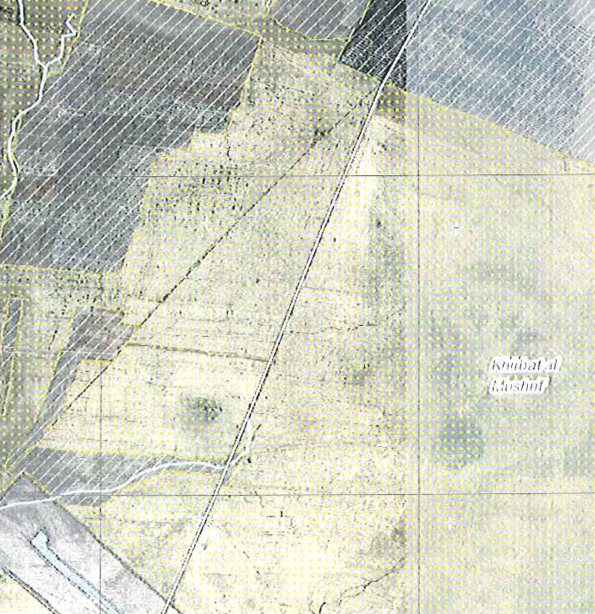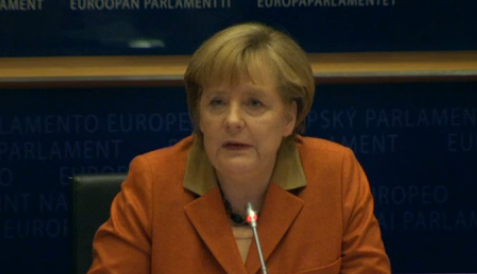In the Middle East, preparing for the worst
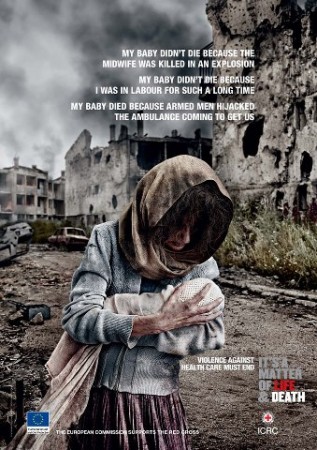
(BRUSSELS2) “ We must prepare for the worst, the destabilization of the whole region ", the European Commissioner in charge of Humanitarian Aid, Kristalina Georgieva did not hide her concern, and sometimes a little dismay, nor minced her words in front of the few journalists present in her office yesterday (including B2) in the face of the situation which gets worse on the spot.
Pyou have no choice but to go abroad
« I am very concerned. The impact on neighboring countries is starting to become very worrying in Lebanon and Jordan but also in Turkey, the best prepared country”. 1,2 million people are internally displaced. Previously most of the population moved to a safer city. Today, especially since July, it is difficult, and there are few safe places. “Since July, people have been moving from place to place. They went first from Aleppo to Damascus. But Damascus also becomes dangerous, so they cross the borders. »
So they flee abroad. There are already officially 160.000 refugees, in reality many more. And this figure is increasing rapidly, reaching around 1200 people per day (we were at 800 to 1000 on average in the last few days). " It is absolutely necessary to allow NGOs, humanitarian workers to have access to the population in Syria. And above all respect their humanitarian work... and their lives. 5 volunteers from the Syrian Arab Red Crescent and 1 from the High Commissioner for Refugees (UNHCR) have already lost their lives in the country.
Killing civilians is a war crime
This was his letimotiv. " It is currently essential to put pressure on all actors in the conflict, that the international community urges everyone to respect international humanitarian law for the access of humanitarian workers. My message is clear: killing civilians is a war crime, killing humanitarians, shooting ambulances is a war crime within the meaning of the Geneva conventions, killing journalists is also a war crime. A message that is obviously addressed to the Syrian government...
A message addressed also to the Member States of the EU
Because obviously, most of the acts are committed by the army but the rebellion is not beyond reproach. " Facts of torture exist throughout the country ". And the commissioner's message is addressed to each of their supporters. even if no one is named. Starting with the members of the Security Council, Russia and China on one side; the United States, France and the United Kingdom on the other.
A message eminently complicated by the extent of the conflict, where the (great) powers clash by interposed troops - as in the good old days of the Cold War. As one European official told me, " we are well aware that several of our member states are indirectly involved in this conflict ". This makes the Commissioner's message – “Enforce international humanitarian law” – couldn't be more consistent.
However, it is not the job (of humanitarian workers) to observe these war crimes. " We do not collect evidence on war crimes. Because our people are risking their lives on the ground. If they did, the probability of getting killed would be high, it's not our job. »
No other solutions action on the spot
The various solutions outlined to allow access to the populations are either ineffective, or have fizzled out, or are very difficult to put in place, according to the Commissioner. Make humanitarian corridors? It's nice but not practical. " Look at the map of Syria, where do you want to place them? From which place to which place? How to ensure that these corridors will not be used for weapons? So many questions that allow us to say that this is not an option. Especially since several member countries - in particular Russia, a member of the Security Council - are opposed to it.
The pause of a few hours in the fighting, a solution promoted in particular by the ICRC, fizzled out. " Unfortunately it didn't work ».
As for the security zone (or buffer zone), this is the last chance option. But " For this to work, three conditions must be met. 1. We must have unanimity in the Security Council. 2 It must be secure and must not be used for other than humanitarian purposes; it cannot be a retreat or rest area for combatants. 3. It must be protected, with peacekeepers, or even a no-fly zone ". So many conditions that are very difficult, if not impossible, to fulfill today. Everyone is aware of this at the level of humanitarian workers and the European Commission. " If these conditions are not met, it is not possible to make such an area” explains the commissioner. But "if the situation worsens further in neighboring countries, it will have to be considered..."
The Only solution » which remains is « to provide relief inside Syria. It is therefore essential that both the government and the armed opposition respect international humanitarian law, this is the best solution. »
Concern: welcoming refugees
The commissioner's other concern is welcoming refugees. With the help of maps, we were able to perceive the rapid rise in power of the refugee camps in Al Mafraq, for example in Jordan. We see on the satellite map provided by the GMES system the rapid increase of a camp of stars between June 26 (date of the first map) and August 14 (date of the second map). “The conditions in the tents are extremely difficult. »
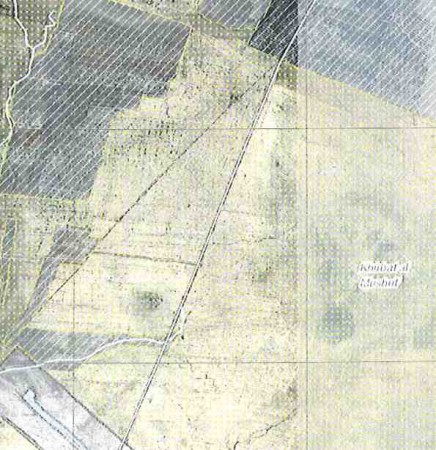
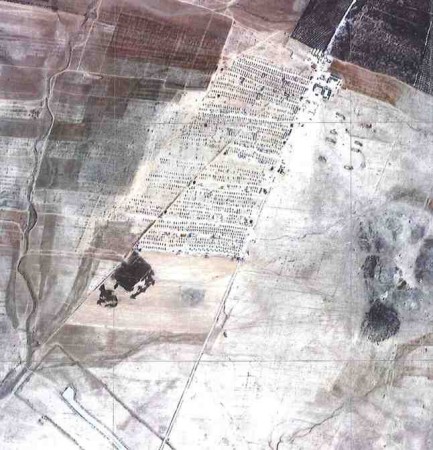
But what is also worrying is the preparation of the countries. If Turkey - with well-organized camps - and Jordan - with much more difficulty and the help of international organizations - take the reception of refugees seriously, this does not seem to be the case in Lebanon. The reception has take place in places like schools. And this will eventually pose problems for education, at the start of the school year ».
Another concern is the fate of refugees in Syria. There are 87.000 Iraqis and 500.000 Palestinians who were counted living in Syria. And their " vulnerability is very strong ". The European Commission has released a special program of 6 million euros to help them.
Europeans first providers of aid
Last concern: money. The European Union has granted almost half of the overall humanitarian aid: nearly 146 million euros out of an amount of 313 million euros; the other major donor being the United States, with 64 million euros. Nb: this aid does not include that provided by neighboring countries (Turkey, Jordan, Lebanon) which is significant. At European level, of the 146 million, approximately half (69 million) came from the Community budget (40 + 6 million under humanitarian aid and 23 million euros under the neighborhood instrument ) and the rest supplied by the Member States, mainly the United Kingdom, Sweden and Germany.
A good part of Community aid (40 million euros) passes through international organizations (10,6 million for the WFP, 9,6 million for the UNHCR, 6,2 for Ficross and the croissant Syrian Red, 5 million for the ICRC, 1,5 million for the UNRWA responsible for aid to Palestinian refugees, 1,4 million for the Danish Refugee Council (DRC), 1 million for Unicef, the same for Action contre la Faim Spain and Première Urgence – International Medical Aid, 800.000 euros for Handicap International, etc.)
7 countries (Austria, France, Hungary, Sweden, Italy, Slovakia and Norway) are also participating through the European Civil Protection Mechanism in assistance for Syrians who have fled to Turkey, following the appeal launched on 12 April and the acceptance by the Turkish authorities of the proposals of the international community of charge. France has thus set up a medical-surgical unit in Jordan.
The UN has launched an appeal for funds to set up a response plan to the humanitarian crisis of $180 million. But there is still a lack of funds. " Further help is needed. And it is vital not to politicize humanitarian aid explains the curator. As of August 13, according to officials from ECHO, the European humanitarian aid office, current international appeals have only been met at 40%.
Read also:
